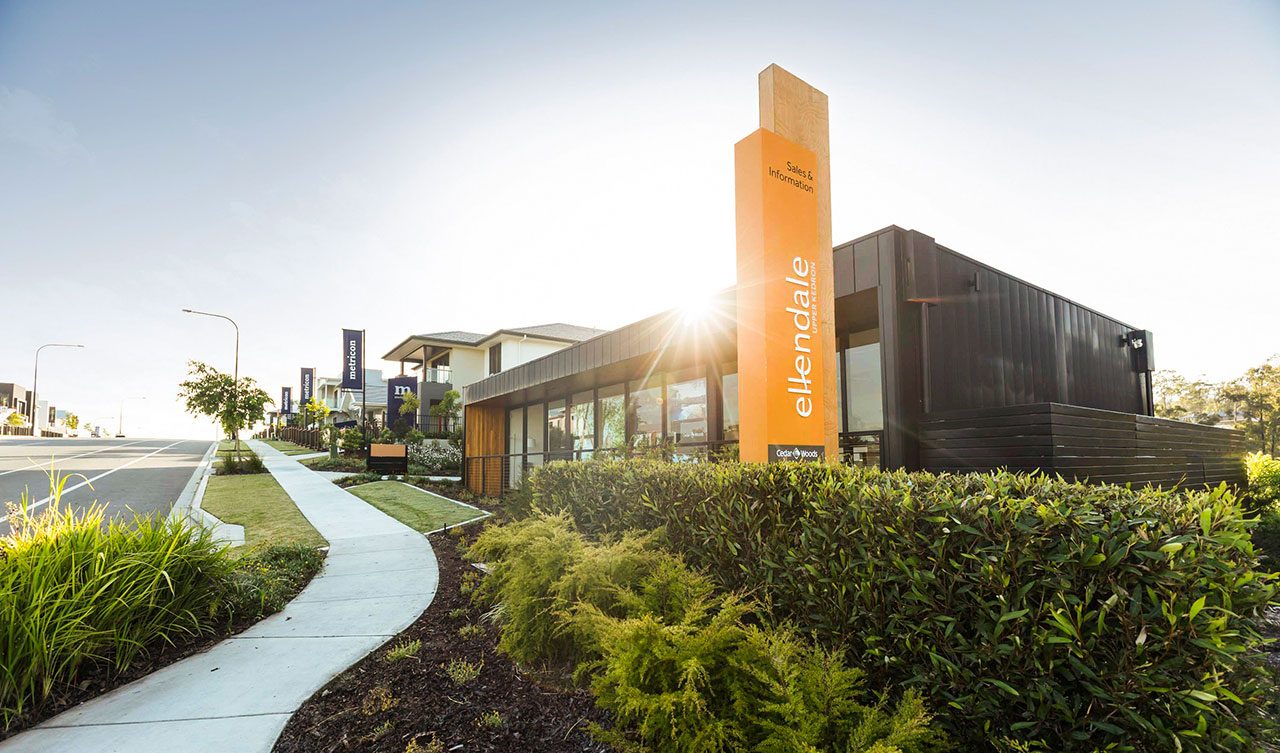This article is from the Australian Property Journal archive
Residential property developer Cedar Woods is on track to deliver double-digit growth in FY25 after a strong first half, supported by record presales of $642 million and the affordable housing segment.
The group delivered a first half year net profit after tax (NPAT) to $15.0 million, up from $2.6 million in the previous corresponding period, driven by a 59% rise in revenue to $196 million. The company declared a fully franked interim dividend of 10.0 cents per share, a 25% increase from the pcp.
Managing director Nathan Blackburne attributed the result to strong demand for affordable housing, low unemployment, and Australia’s significant housing shortage.
The company’s sales were boosted by the conditional sale of an affordable housing project in Victoria. Whereas sales volumes were slightly lower in Western Australia, Queensland and South Australia, after a period of very strong activity, but remain at high levels when compared to prior years.
Blackburne said affordable product was particularly appealing to first home buyers and investors, selling quickly across all estates.
During the period, the company achieved record presales of $642 million, up 22% from $525 million in the pcp.
Blackburne said Cedar Woods is well-positioned to deliver a minimum 10% growth in full-year NPAT for FY25, supported by higher revenue and settlements.
“Dwelling supply is tracking well short of the federal government’s target of 1.2m dwellings over five years. On average, 240,000 new dwellings are required to be completed each year to meet the target, and these are currently tracking at only 180,000 dwelling completions in the 12 months to September 2024, indicating a shortfall of some 60,000 dwellings.
“The dwelling shortfall is expected to persist for several years. Whilst industry approvals are increasing, a number of factors may prevent many of these projects from proceeding, including affordability, builder capacity for new work and labour shortages.
“Limited housing supply, strong migration, and a long pipeline of undeveloped projects position us well for the medium term,” Blackburne said.




